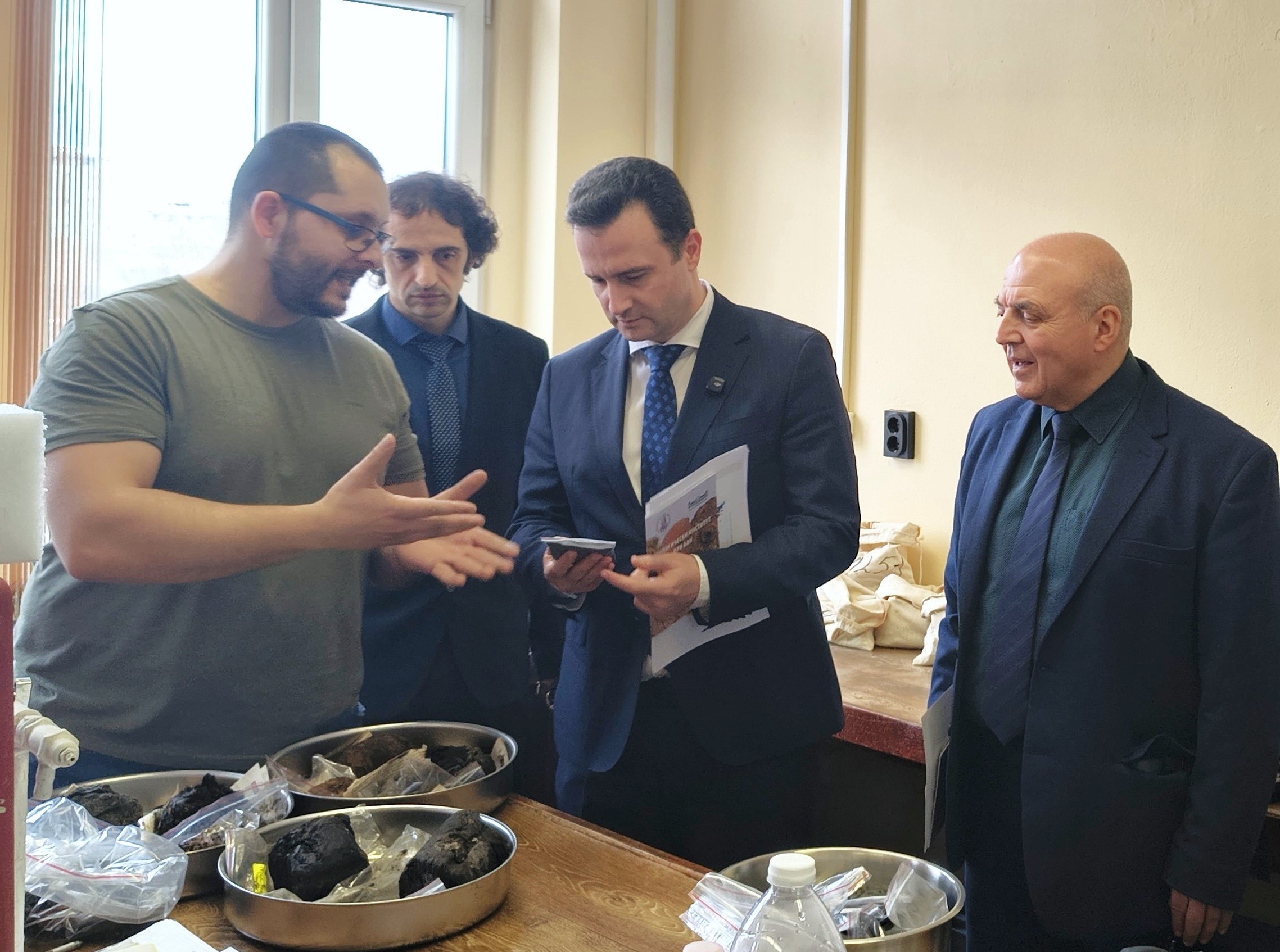Bulgaria registers one of the highest levels of energy poverty in the EU but lags behind in introducing a mechanism to support energy poor households and does not take the necessary actions for a targeted, comprehensive and coordinated cross-sectoral policy in this area. This is stated in the focus topic of the regular Annual Report: ‘Economic Development and Policies in Bulgaria: Assessments and Expectations’ of the Economic Research Institute (ERI) at the Bulgarian Academy of Sciences. The report examines the state and development of the global and national economy in 2023 and presents estimates of economic development in the medium term to 2026.
The focus topic analyses and assesses the dimensions of energy poverty in Bulgaria in the period 2014-2023. The scientists from ERI highlight the need for an active social and investment policy towards citizens, not only in terms of current transport and energy costs but also for their long-term reduction through targeted investments and measures in energy efficiency and decarbonisation.
They also justify the introduction of a mechanism for social affordability of electricity prices in a liberalised market, to be combined with clearly spelled out measures and a clear scale of differentiation of support according to income criteria. A proposal is made to assess energy poverty not on a per capita basis but on a household basis according to the number of persons in the household, by defining the living space for each type of household.
The energy poverty monitoring system should include annual tracking of renovated buildings and energy consumption, adequate assessment of social risks and opportunities, employment and skills implications, and the impacts of the country’s climate and energy transition, the BAS economists suggest.
STATE AND DEVELOPMENT OF THE NATIONAL ECONOMY
Economic growth in 2023 slowed to 1.8%, said the annual report by the ERI scientists. Weaker external demand, higher interest rates in the euro area and continued price pressures were having a serious effect on real GDP growth. Despite these challenges, private consumption expanded, especially in the first six months of last year, fuelled by a robust labour market, increased consumer confidence, slowing inflation and active credit.
Exports of goods declined, affecting industrial production and sales. Faced with reduced external demand, Bulgarian firms were reducing purchases from abroad and investment in finished products and materials stocks.
Investment activity remained weak which had permanently emerged as a structural problem for the Bulgarian economy although firms managed to maintain employment and raise nominal wages.
Annual inflation slowed significantly and stood at 5% at the end of last year. Despite the anti-inflationary effect of international factors in the form of falling prices of basic energy sources, raw materials and agricultural commodities as well as the restrictive monetary policy of the European Central Bank (ECB), a number of factors from the domestic macroeconomic environment continued to exert pro-inflationary pressures, the ERI researchers stressed.
The labour market in 2023 was still relatively calm despite some negative quantitative and structural changes compared to the previous year. The absence of structural changes in employment was consistent with the general state of slowing economic growth and low investment activity. The economy was undergoing little restructuring, resulting in no changes in the distribution of the employed and no activation of the working-age population. The dynamics and structural changes in wages in 2023 did not stimulate the movement of employees between different groups of economic activities, the Report said.
In 2023, fiscal policy continued to be expansionary despite the inflationary processes and the upcoming assessment of the EC and the ECB on Bulgaria’s compliance with the Maastricht criteria which would determine Bulgaria’s readiness to join the euro area. Some of the fiscal measures to support households and businesses taken during the COVID-19 pandemic remained in place although inflation was becoming a bigger problem than unemployment, according to the ERI researchers. They say the government was continuing with active income policies without any tangible reduction in current budget spending or tax increases. Some changes in tax policy defined as anti-crisis measures and others related to the implementation of changes in European legislation were undertaken which lead to a further reduction in tax revenues and put at risk the sustainability of the country’s fiscal position in the medium term, the economists noted.
The year 2023 was also characterised by a continuation of the intense pace of lending in the banking sector against the backdrop of still moderate interest rate increases. Commercial banks continued to demonstrate resilient performance despite the adverse environmental conditions in which they operated. Depositors continued to increase their savings, motivated to some extent by the increase in deposit interest rates, the Report said.
One of the positive news was the change in the values of the capital market indices upwards. For the first time since 2017, in 2023, the market capitalization of the BSE’s core market accounted for a significant share of total market capitalization. New companies were emerging and listing in the stock market. Despite the turmoil in international markets due to concerns about rising interest rates and the possibility of a recession, SOFIX and the Bulgarian capital market remained marginally affected, economists believe.
FORECAST ASSESSMENTS IN THE SHORT TERM
The short-term forecast of the ERI at BAS is for domestic demand to continue to be a major factor in economic growth which is expected to remain below potential and to recover smoothly to pre-COVID-19 average levels. Consumption dynamics will be driven by wage growth, moderate employment gains and low but still positive credit growth in the country. Investment will be mainly influenced by the pace of absorption of EU funds.
Given the expected weak economic growth in Bulgaria’s main trading partners, external demand will remain relatively low and the balance of payments will deteriorate throughout the period 2024-2026.
Inflation will gradually decline but will be higher than the usual in the previous decade both due to external factors and as a consequence of income policies that are not sufficiently aligned with real budgetary possibilities. Under such conditions, euro area membership would be postponed beyond 2025, the Report shows.
The recommendations made to the economic policy in the country are aimed at boosting investment activity, restructuring the labour market in the conditions of green and digital transition, implementing fiscal consolidation, developing the potential of foreign trade relations with non-EU countries and preserving the stability of the financial sector.
The full text of the Annual Report “Economic Development and Policies in Bulgaria: Assessments and Expectations” 2023 can be found at the following link:






